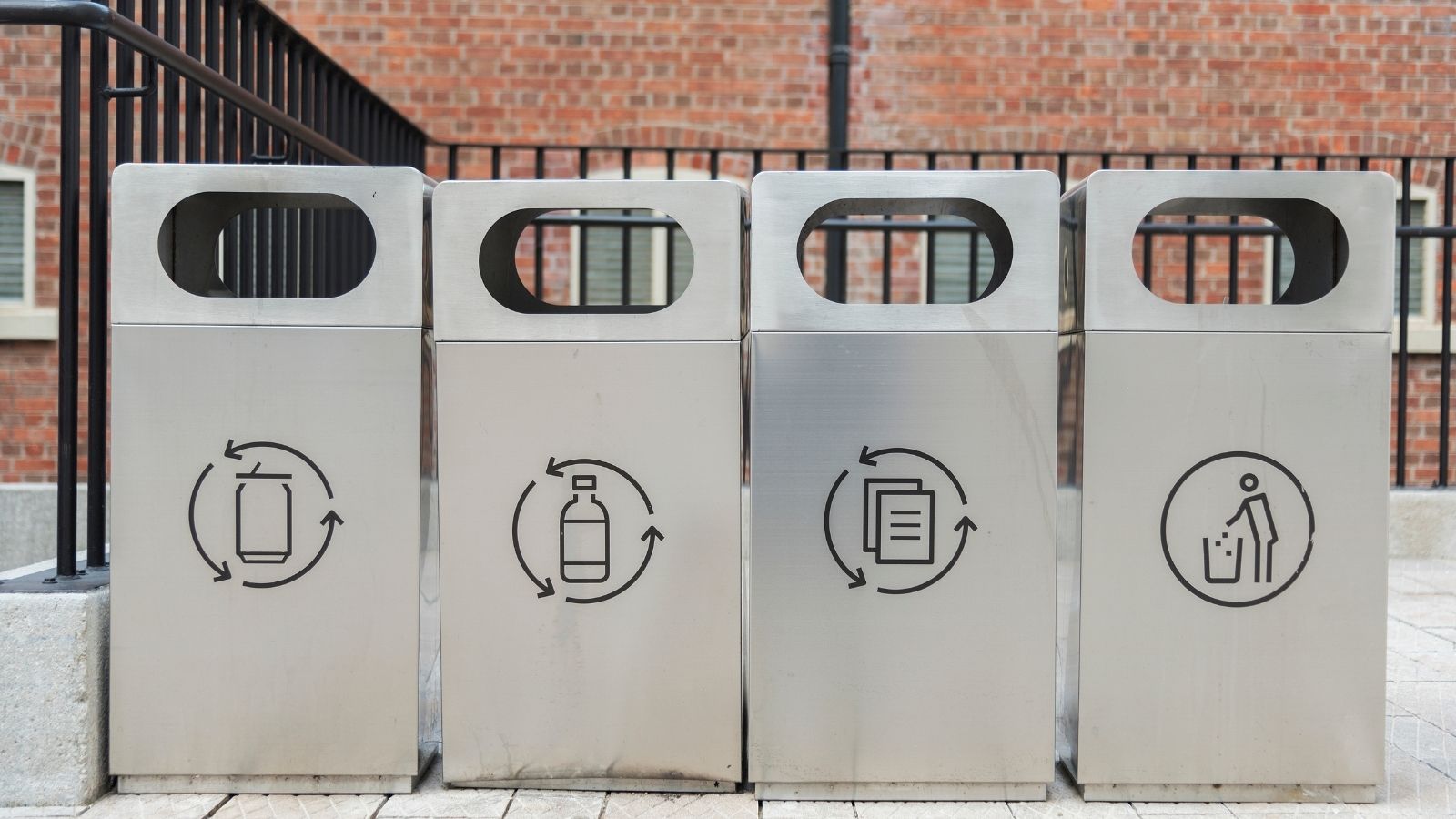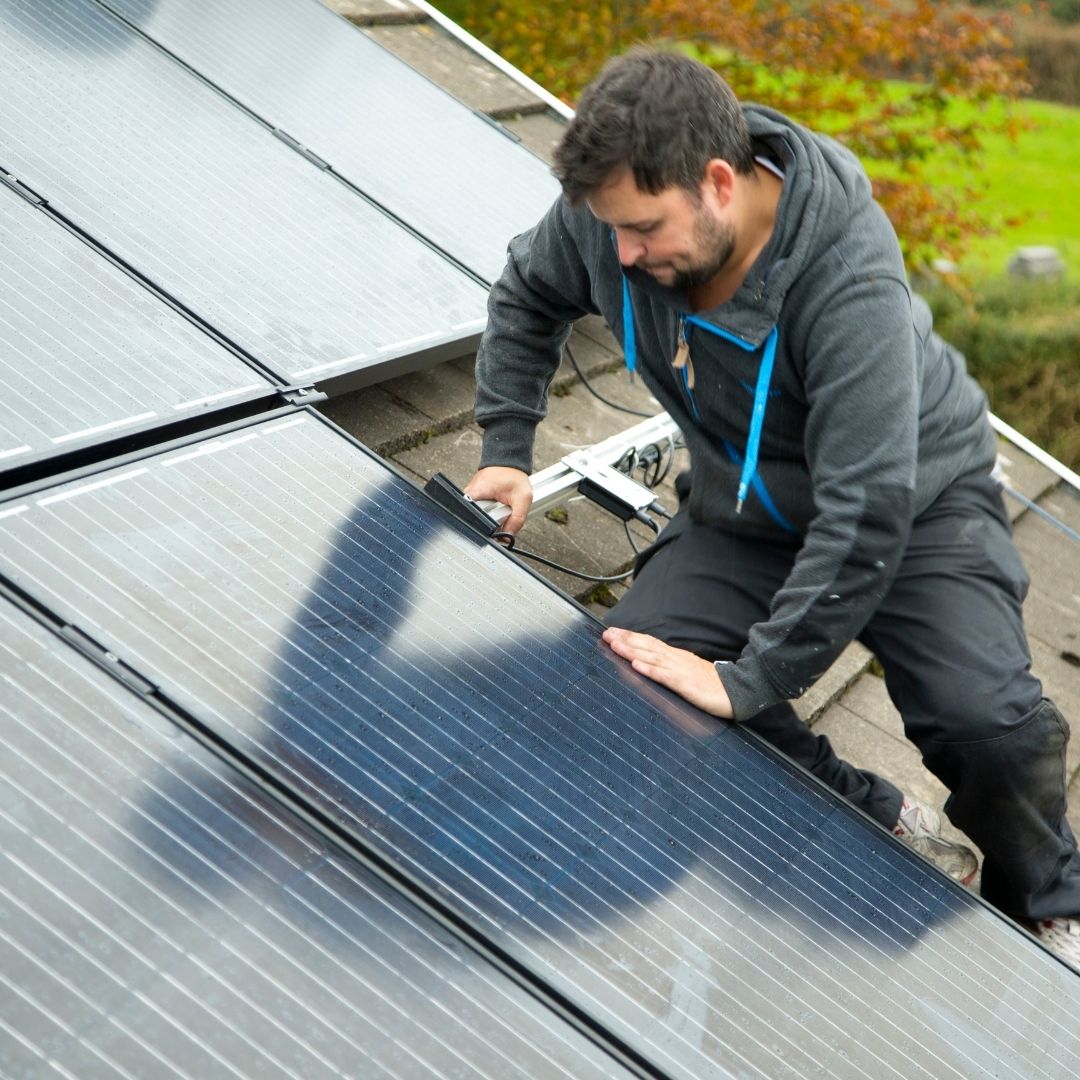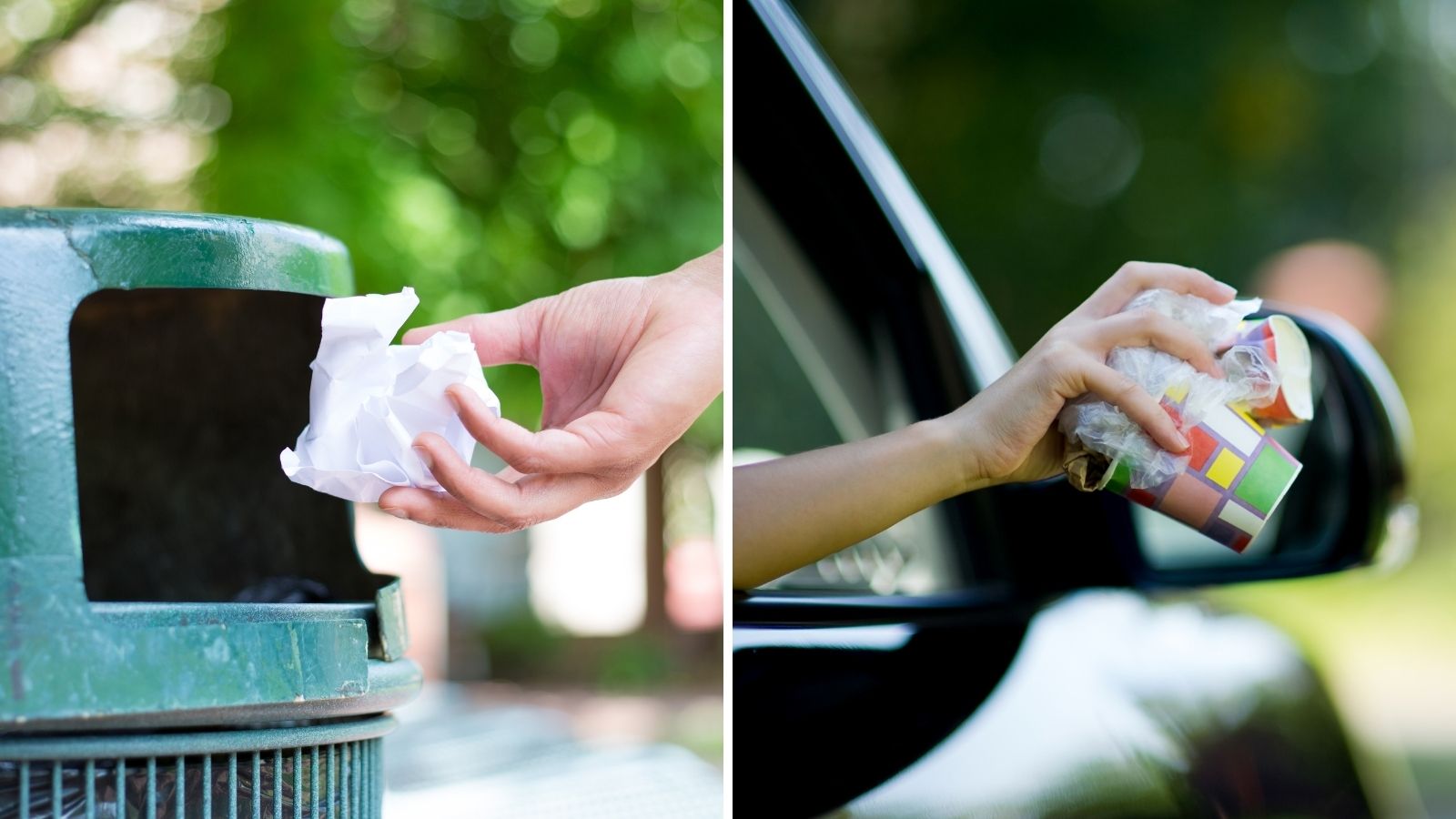As I’ve gotten older, my expectations of others have softened. After all, everyone arrives at the present moment knowing exactly what their experiences have taught them. I try not to presume to know:
- How someone has landed here.
- How their opinions have been formed.
- What makes them do what they do.
I’m not always successful, but that’s the attempt. With more and more of my own life to look back on, it’s obvious that I wouldn’t agree with myself from 10 years ago either. So why assume that we all know the same things and think about them in the same way?
In the Sustainability World
In the world of sustainability, this concept can come off as:
- Shaming
- Demeaning
- Demanding
The conditioned response is to push back and look for ways to fault the messenger and the message. The moment that an advocate makes a definitive statement, for instance, there are efforts to point out some personal inconsistency meant to discount every point they have made. For example, Al Gore is on a book tour to spread climate change awareness? “What about his airplane emissions? The hypocrisy!”
You can see more localized versions of this as well. If someone tries to spread the word about waste reduction, they can expect for people to look for ways that they are being wasteful in their own lives. In the world of sustainability education, I think that this phenomenon is easily overlooked, and the message can be lost within a sea of counterarguments. If the messenger cedes to this rebuttal, then we’re stuck.
As Zoe Williams writes:
“If those who oppose action can procrastinate by fixating on imponderables – which of us is sufficiently without sin? – then their victory will be total.”
We would do ourselves a favor to pose best practices as suggestions rather than demands, with no air of judgment attached.
Scenarios

Let’s take an example that I’ve seen versions of in the world of events. Which situation would you respond better to?
Setting the scene – An event attendee is walking with a colleague and needs to throw out their disposable coffee cup. They walk up to a waste station with Landfill, Recycling, and Compost bins lined up. Then they think for a second, and decide to toss it in the recycling bin. Their colleague turns to them and says one of two things:
“NO NO NO! That’s not recyclable! That’s going to contaminate the whole bin and make most of this stuff go to the landfill. How could you not know that??”
Or…
“Oh! I always used to put those in recycling, but it turns out that “paper” coffee cups are lined with wax, making them landfill. Recycling can be so confusing!”
Aside from the dialogue fitting in quite nicely in a cheesy workplace training video… it’s clear which one is more likely to elicit a positive response. I’ve been guilty of that first response before. In my younger environmental activism days especially but still at the end of long days onsite. I can tell you firsthand, that the recipient not only digs their heels in but starts to look for ways that you’re a fraud.
You’re Always Impacting The Environment
Speaking of environmental hypocrisy… we’re all guilty. Let’s face it, avoiding negative environmental impacts in the modern world is impossible. Here are some examples that are out of your control:
- Where your city sources its energy.
- How and where the materials in the streets on which you walk and drive were excavated and manufactured.
- The packaging around things being sent to you.
You can’t avoid it in our modern world. You have little influence to change it. This isn’t to say that we should throw up our hands and give up, but if the standard is set at “zero impact,” we will fall short. But that’s ok!
There Are No Winners and Losers


Sustainability is not a race, and you don’t win if you have solar panels on your house and your neighbor doesn’t. We’re all starting from exactly where we are, and that’s perfectly ok!
- To those of you who feel you’re doing everything you can: GOOD WORK! It’s challenging to be sustainable in an unsustainable world. Your efforts are very much appreciated! Try to use your efforts to inspire others.
- To those of you just starting on this journey: YOU GOT THIS! It can be fun to live more sustainably, knowing that the small actions you choose to make a difference. You may be tempted to compare yourself to others further along in their journey, but you’re making an impact. Just keep it up!
Living a sustainable life is not stagnant. It is a journey. And on that journey you will:
- Learn new things
- Change your behavior based on those new things
- Be confronted with trade-offs
Trade-offs that can sometimes play tricks on our brains…
Moral Licensing

“The subconscious phenomenon whereby increased confidence and security in one’s self-image or self-concept tends to make that individual worry less about the consequences of subsequent immoral behavior and, therefore, more likely to make immoral choices and act immorally.” – Wikipedia
Moral licensing is ubiquitous in the world. It’s the idea that by doing something you’ve deemed “good,” however small, you have now built up the capital to do something you would consider “bad.” I was only made aware of this concept recently, but now I notice myself falling into the trap over and over again.
The most obvious of these traps is eating habits: if I eat something healthy for lunch, I feel ok eating pizza for dinner. The risk and reward here make sense and can be justified depending on your diet plan. But what if that salad makes pizza ok… and then ice cream ok, too? You might have been better off not trying to eat healthy in the first place and having three relatively healthy meals instead.
This concept works with environmentalism as well. If you choose to drive a hybrid, subconsciously, you might feel ok using those plastic bags at the supermarket or taking an extra flight. Or maybe the company you work for donates to climate action, which allows you to get that 16-pack of disposable water bottles, right?
The problem with moral licensing is that often the “bad” thing that you feel justified in doing outweighs the impacts of the “good” one. Even if they are exactly equal, the goal should be net positive, not net equal.
Further Reading
Moral licensing doesn’t stop with environmentalism and eating habits. Many studies have been done on this concept like this 2015 meta-analysis and these three studies on moral licensing and racial attitudes:
- Moral Credentials and the Expression of Prejudice (2001)
- Endorsing Obama Licenses Favoring Whites (2009)
- The Long, Steep Path to Equality: Progressing on Egalitarian Goals (2011)
Top-Down vs. Bottom Up
I’ve said this in previous blog posts and plan to cover this in much more detail in a later post, but it’s worth mentioning if this is the only one you’ve read.
From my last blog post:
“This is in no way arguing that the onus falls 100% on individuals. After all, if single-use plastics weren’t so ubiquitous, car manufacturers moved away from fossil fuels, and power companies invested in renewable energy as standard practice, the burden wouldn’t be so heavy on us. Pairing individual actions with top-down approaches are Always the most effective course of action.”
So let’s not pretend that consumers are entirely to blame for the predicament we’re in or that we alone can stop it. But with the right framing and steady determination and understanding, we can make a difference for ourselves and others.





Nice blog.
A favorite quote of mine from another Guardian journalist, George Monbiot: “Hypocrisy is the gap between your aspirations and your actions. Greens have high aspirations – they want to live more ethically – and they will always fall short. But the alternative to hypocrisy isn’t moral purity (no one manages that), but cynicism. Give me hypocrisy any day.”
Thanks for sharing James!
A recent example of the hypocrisy argument in action: https://www.foxnews.com/politics/green-groups-mostly-silent-kerry
“Many have described Kerry’s use of a private jet as hypocrisy” There’re a few defenses for private jet use, but this looks to be a tactic to discount all environmental action.
Thanks for the updated information Aaron!